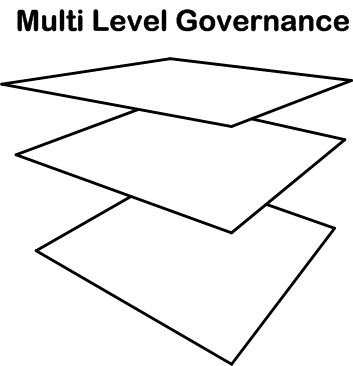A first inter-disciplinary research workshop on multi-level governance in South-Eastern Europe, organised by the Institute of Economics, Zagreb and SEERC, was held in Zagreb on 4-5 February 2005. A second workshop, funded by the Friedrich Ebert Stiftung on "South-Eastern Europe, Governmentalities and the Politics of Scale" was held in Stubicke toplice, near Zagreb on 11-12 November 2005. The focus of both workshops was on how to understand new forms of governmentalities emerging in South East Europe.
The proposed third workshop, again funded by Friedrich Ebert Stiftung, takes further concerns and debates around transnational consultancy and in particular the role of policy consultants, experts, and "brokers". These agents represent an important signifying practice for new forms of governmentalities; they are located in translocal, interstitial spaces; and their work requires critical scrutiny in terms of their political, cultural, social, and discursive role.
Crucial issues of changing governance, the uncritical importation of models, processes of "agencification", and the use of sub-contracting, all point to the need for critical analyses and research. The workshop will explore ways of understanding this policy and practice space, where policy consultants and experts are seen not in an apolitical and uncritical sense of their provision of "technical" knowledge, but instead in the sense of being intermediaries and interlocutors. The workshop brings together researchers and activist/practitioners interested in relationality, interstitiality and liminality, which is assumed to be reflexive of processes of new scalarities, spatialities, new forms of governmentalities, power and compliance, discursive practices, and knowledge systems.





